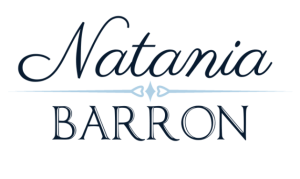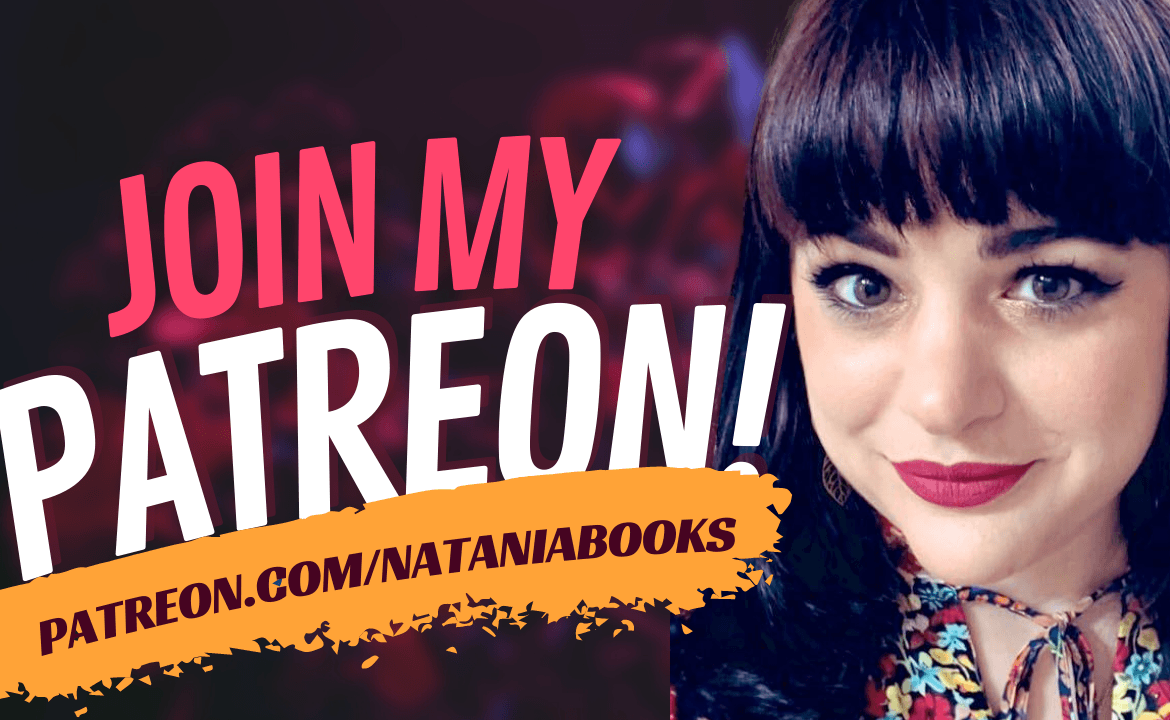
Headless, limbless.
That’s it. I’m over it.
I don’t believe in muses anymore.
I’m sorry. Does that sound harsh? I know, we have such romantic notions about muses, how they lovingly whisper inspiration and buoy us along with creative power. But in the end, they’re just not worth the trouble.
And you know what? They’re fickle, they’re never there when you want them to be, and you really can’t base a career on them. You’re silly to think that you can become a writer by relying on some magic alchemy. It’s not alchemy. It’s just work. That’s all there is. And sometimes, the work comes easy. But let’s face it: it’s you doing that. There are no such things as muses, just times when the work isn’t so hard, when, for whatever reason, dialogue flows and description delights. But then it’s uphill. And either you work it, or you don’t.
Sure, I bet there’s a few published writers out there who manage to write when the fancy strikes them, and then only. But the rest of us have to work at it constantly. We have to become addicted to the habit of writing, not dependent on the muse. Even if you’ve written The Best Book Evar and sell it, your publisher is likely going to want more. And you know what? You’re not going to be able to wait around for the muse. Because if you do, you’ll likely never get a damned thing published ever again.
Worse even is how deceiving the muses are. Take for example the year 2008. Do you know what I did in 2008? I rewrote most of a novel and started another one. Most of that, save November, was pure writing by the muse. If I didn’t feel like writing, I didn’t. But then I was kind of baffled that more writing wasn’t happening, forever seeking the muse and never finding him where he was supposed to be.
But since last November, I’ve been writing without the muse. Slowly, I’ve been learning to ignore him, to rely less on him, to quietly smile and nod in his presence. And y’know what? I’ve averaged more than 1K a day over the last year. That translated into almost 400,000 words.
See, what I’ve learned is that a great many people want to be writers, but precious few actually want to do the work involved. The writing, the editing, the restructuring, the-taking-of-criticism-without-being-a-jackass-or-taking-it-personally… not to mention simply treating writing like a profession. You don’t hear doctors say, “I only treat patients when I feel like it, you know, when the muse strikes.” Muses can be a great excuse for being downright lazy.
I’m not saying this to be mean. I’m saying it because I have been there. I’ve read far too much Shakespeare and Keats, and deep down I want to think that writing comes from this ethereal place. And maybe part of it does; there are days when writing is the closest thing I have to religion. But if you want to produce, if you want to get better as a writer, and if you want to see yourself published in any form, you can’t rely on fancy alone. You’ve got to do it yourself, babe.
But I am now an official Atheist of the Muse. Sorry, Aelfric, but you’ve got to go. I’ll remember you fondly. But don’t expect any acknowledgments.












[…] Becoming an atheist of the muse. « Natania Barron nataniabarron.wordpress.com/2009/09/14/becoming-an-atheist-of-the-muse – view page – cached tags: inspiration, muses, writing, writing advice, writing and inspiration, writing theories, writing tips by Natania — From the page […]
Ha!
I never thought of muses in the classical ‘inspirational’ sense. I only got clever ideas when I daydreamed long enough, and I only have the burning need to write when I’m supposed to be doing less pleasant tasks. My ‘muses’ tend to be a variety of characters that pop up in my head to make comments about my life at inopportune moments, like the robots in Mystery Science Theater 2000. Usually, it’s the clever or snarky ones. You’re going to keep those, right? 😀
@eliza Characters? Oh yes, they’re still here. They follow me around daily. Lately, it’s been this woman named Orlanne… Anyway, to me, they’re very different. The muse was this made-up Source of Inspiration. The thing that made the characters talk, that pushed me to write, that somehow was the Well From Whiche Everythinge Floweth. But it’s not like that, I realized, after a long fight. It’s just… well, excuses. Besides, I like the idea that I’m in charge of my own inspiration a hell of a lot better.
:giggle: I combine the concepts. That way they can tell me how good I have things and nag me into being productive. It’s like inspiration, but a lot more effective.
Personally, I find the “muse” – never really thought of it that way, just as inspiration – more useful in developing a story, rather than the later and somewhat simpler task of writing it.
I think there’s a poem here. “I don’t believe in muses anymore.
I’m sorry. Does that sound harsh?” I enjoy your sparkly style!
[…] The thing is, well, life went on. Life got hard. And as life got hard, writing got harder. And it got harder to look at my own writing and be absolutely honest with myself, even after I stopped believing in the muse! […]
[…] where I make connections in stories that, on normal writing days, just don’t seem to happen. No, I don’t believe in Muses, but there is some curious power in the workings of our brains when it comes to creating stories […]